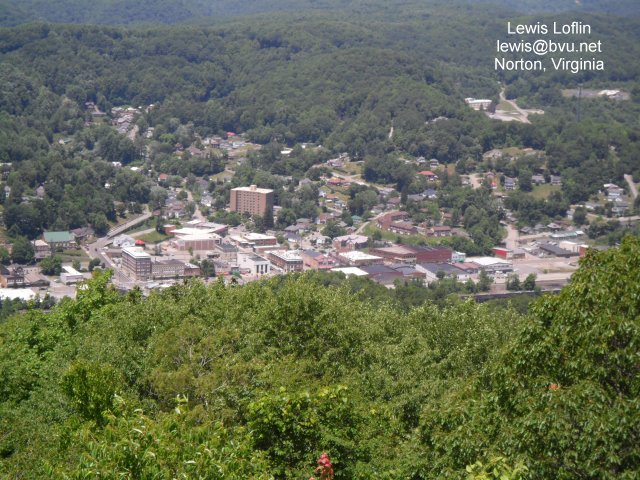
Fig. 1 Norton, Virginia as seen from Flag Rock recreation area.

Fig. 1 Norton, Virginia as seen from Flag Rock recreation area.
by Lewis Loflin
Look at the lush forests blanketing over 90% of Appalachia, like my hometown of Norton, Virginia (Fig. 1). This is nature thriving alongside people—a partnership, not a battle. Common sense environmentalism, or conservationism, puts human needs first while nurturing the land through practical steps: controlling pollution, using resources wisely, and conserving what matters.
Unlike some modern environmentalism from the 1960s-70s, which can veer into viewing nature as sacred and untouchable, I see humans as part of the ecosystem. We coexist for mutual benefit. Conservationism isn’t about centralized mandates or spiritual quests—it’s personal, grounded in reason and technology. Education, not fads, drives it. If you’re seeking transcendence, a church might be a better fit than a recycling bin.
Take my home on Cove Creek Road (Fig. 2). Forests surround it, blending native and non-native plants. The creek flows, wildlife thrives—proof that practical care works. Some panic over non-native species, but ecosystems adapt. Most aren’t harmful; they’re just part of the mix.
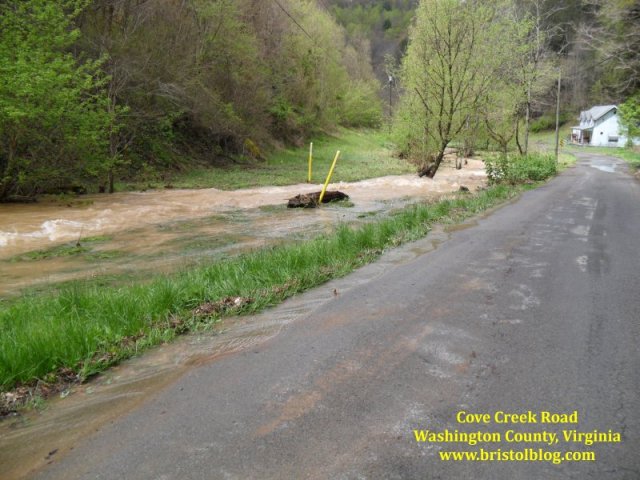
Fig. 2 My house on Cove Creek Road, surrounded by forest.
Living here, I’ve seen conservation succeed. Feral hogs have crept into nearby counties—tasty sausage if you bag one. Coyotes, hybrid predators, roam too; in Virginia, they’re fair game to manage. But look at the bigger picture: black bears grew from 1,000 seventy years ago to 20,000 by 2021. Deer, nearly gone in Southwest Virginia by the 1930s (25,000 statewide), hit 900,000 by 2000—more than double the 1607 estimate of 400,000. I’ve turned a few into jerky myself; too many can strain the herd.
This rebound came with affordable energy and food from fossil fuels, supporting a human population boom—2.3 million in 1920 to 8.6 million in 2020. More people, more deer, healthier forests. Reason, not dogma, made it happen.
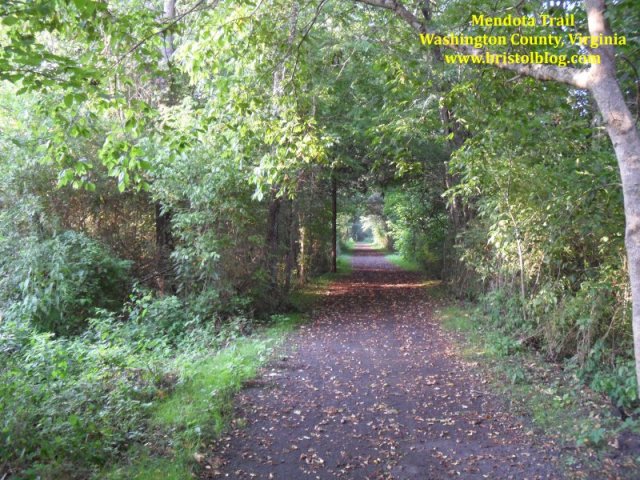
Fig. 3 Mendota Trail in Washington County, Virginia.
The Mendota Trail (Fig. 3), built on an old rail bed, stretches from Bristol to Mendota. By November 2022, six trestles were restored, opening 6-8 miles thanks to local conservationists, businesses, and some grants. In Wise County, where strip mines once scarred 40% of the land, replanted areas now teem with wildlife—including 250 elk in Buchanan County. I saw the devastation in 1977; today, a 2019 Google image shows regrowth. Non-native trees? Fine by me—they work.
Norton’s hospital, schools, and businesses sit on old mines. Flat-topped, replanted ridges beat the old blast zones. Deer jumped from 215,000 in 1970—when mining surged—to nearly a million by 2000. The Virginia Deer Management Program notes herds are healthy, managed by hunting, not overpopulated. Deer browse brush, not grass, thriving in reclaimed spaces.
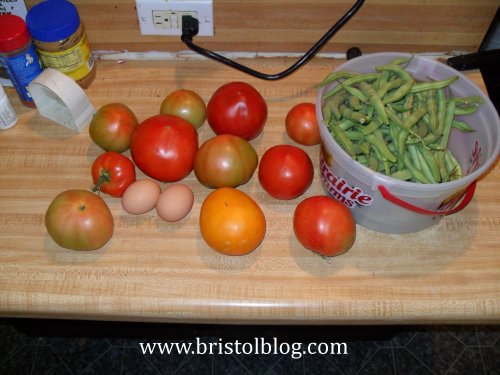
Fig. 4 Garden produce and eggs.

Fig. 5 Home canned soup from garden and store-bought ingredients.
Growing food (Figs. 4-5) makes sense if it saves money—tomatoes and beans, sure. But feeding a family off a garden? Impractical. A $1.29 bag of dry beans beats hours of shelling. Store-bought often wins on cost and time. Gardening’s labor-intensive—tillers need fuel, soil needs testing, sun’s a factor. I’ve grown plenty, canned it, dehydrated it, but it’s for enjoyment and savings, not planetary salvation.
My chickens (Fig. 6) get commercial feed—$12 for 50 pounds beats growing it. They love garden scraps, but it’s a supplement. Organic seeds? Heirloom? No thanks—higher cost, lower yield, same taste. Practicality rules.

Fig. 6 Rooster and chicken coop built from scrap wood.
I built a table from scrap wood (Fig. 7) and heat with a wood stove—dead wood, cardboard, never plastics. My EPA-approved stove with a heat exchanger still pollutes more than my oil heater. Imagine 300 million wood stoves versus fossil fuels? Third-world wood-burning shows the mess—bad for people, bad for air. Oil’s cleaner, practical.

Fig. 7 Table built from new and scrap wood.
Solar panels (Fig. 8)? I built a small system for backups—costly to make, toxic to ditch. Wind turbines and EV batteries? Same deal—rare earth mining’s dirty. Green tech isn’t always smart; cost-benefit matters. My electric bill’s down 50% in a decade—LEDs, efficient appliances, not spiritual guilt trips.
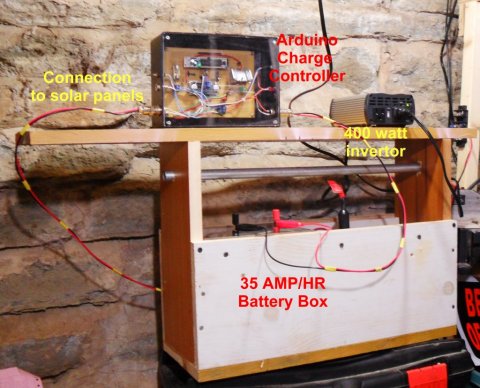
Fig. 8 Home-built Arduino-controlled solar panel charge controller.
Recycling aluminum saves 90% of production energy—smart. Plastic bottles? Often a wash. Reusable bags? I use them—they’re better, not a sermon. Conservationism weighs costs, not feelings. Southwest Virginia’s forests, wildlife, and gardens prove it: humans and nature flourish together with reason, not green mysticism. Technology’s the tool—use it wisely.